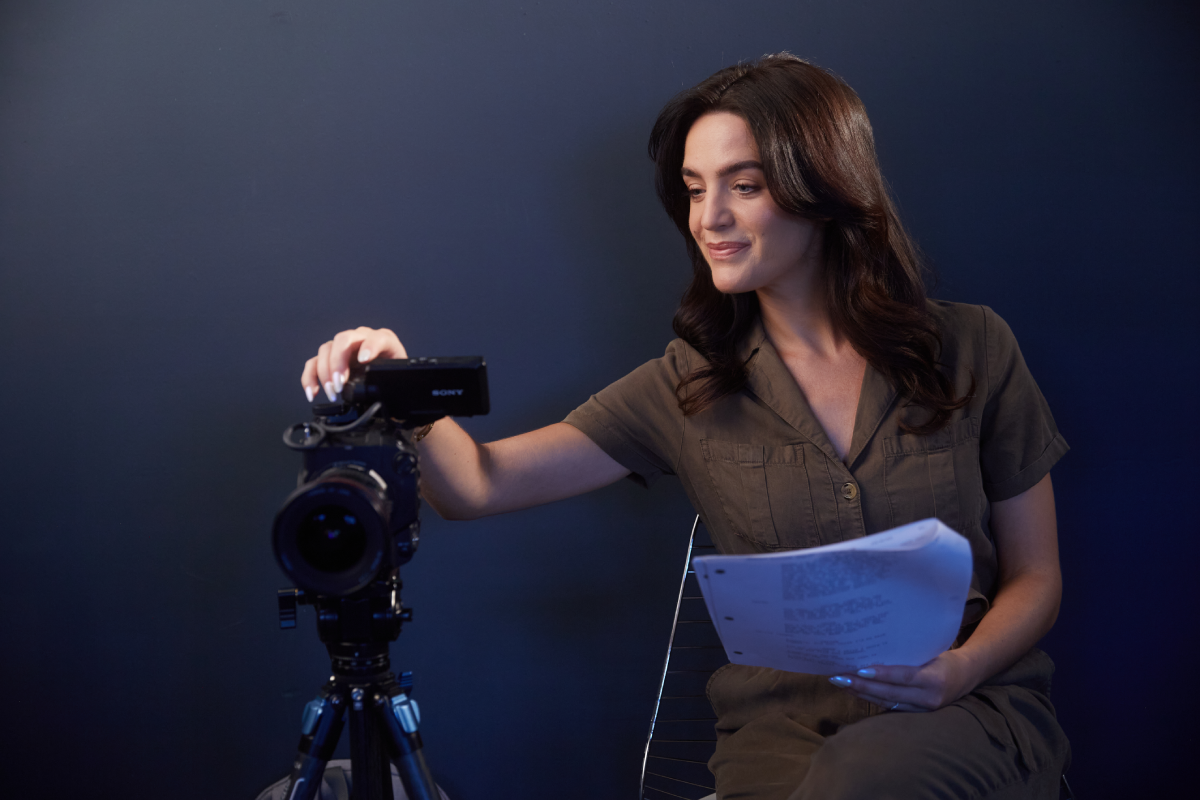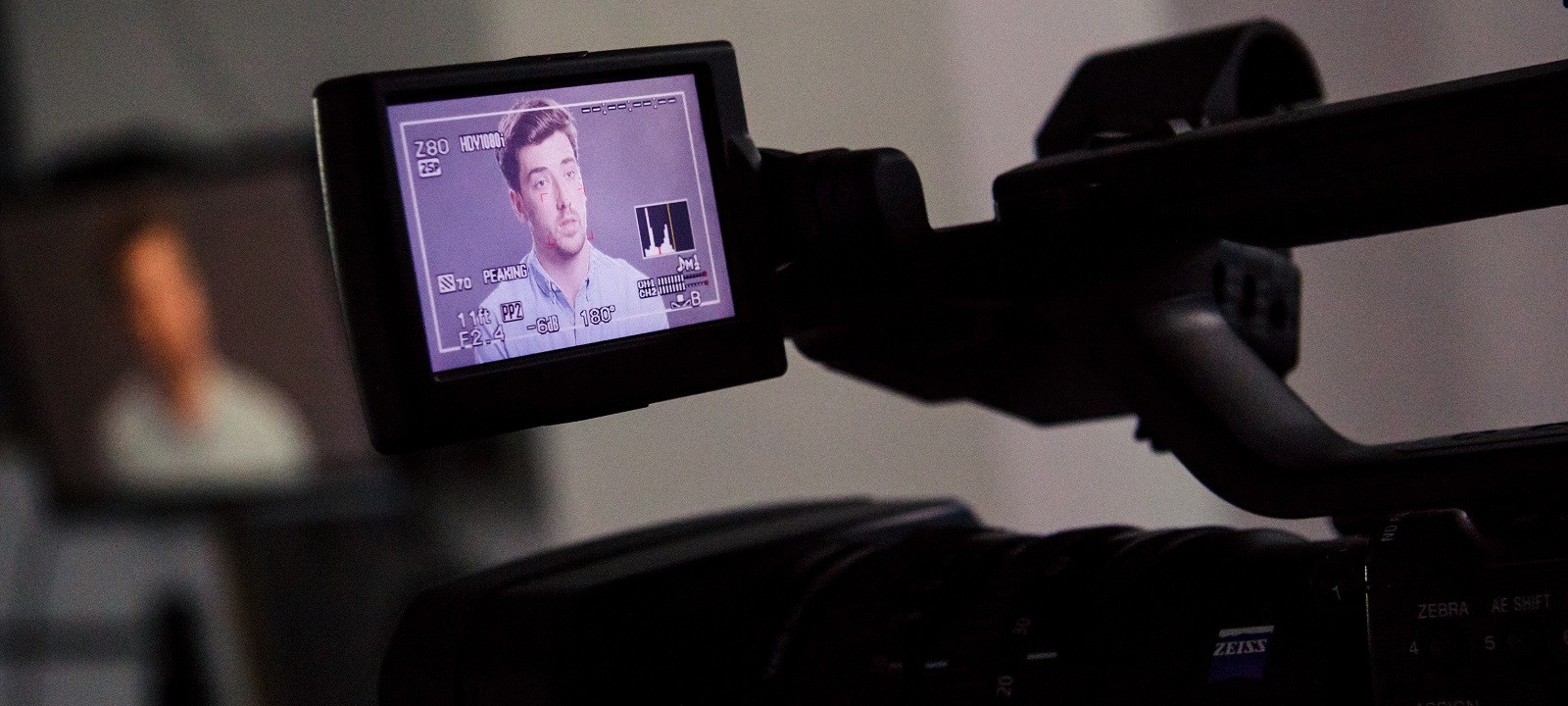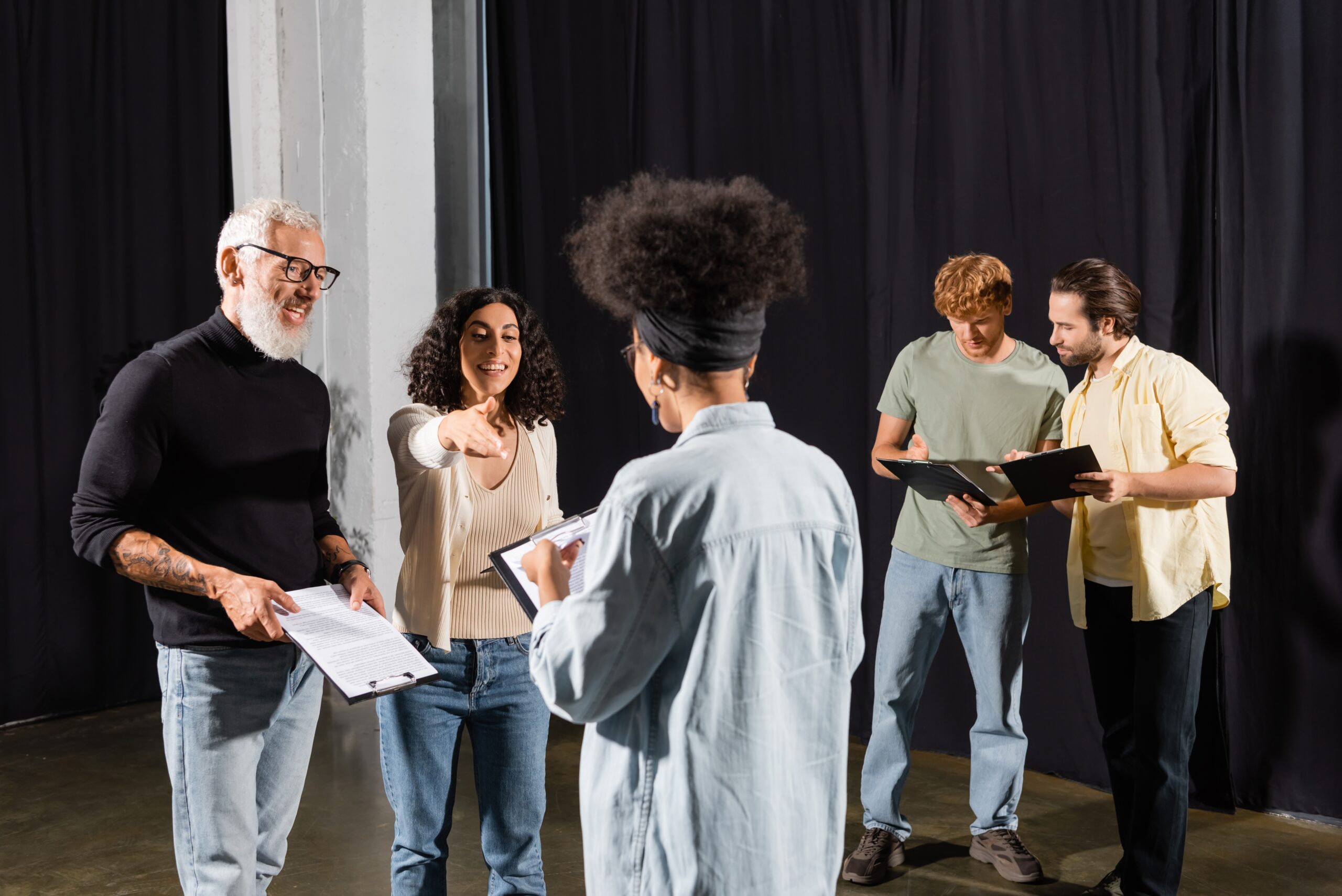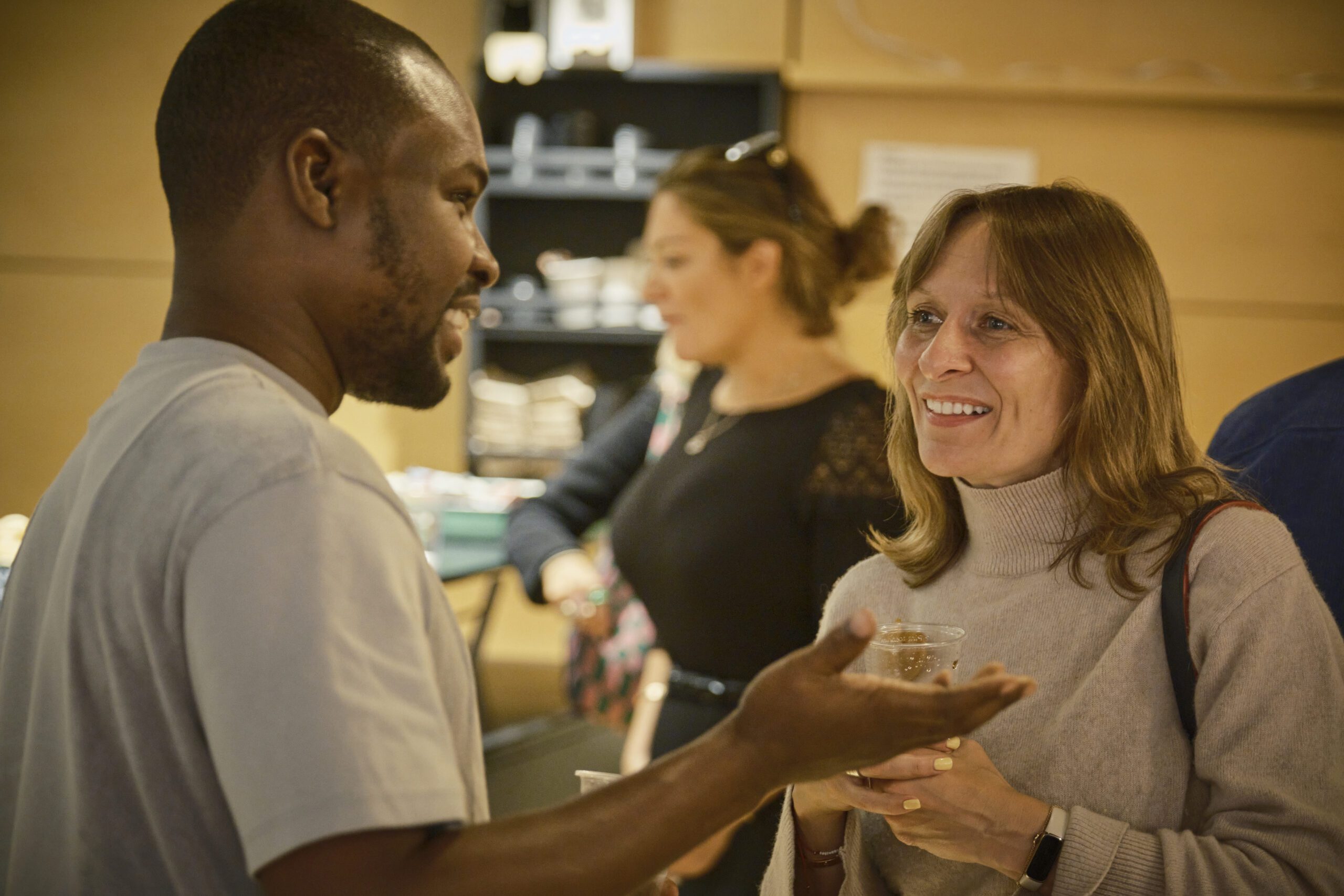Domenique Fragale trained at Arts Educational Schools and recently moved to the United States to work in Los Angeles. Here, she shares her tips acting for camera, and preparing your character.

Research
More often than not before you book the role, you will most likely be put through a screen test – it’s not as difficult as it seems! Those days of high school mathematic tests were harder, believe me. A screen test is an audition for a movie or series where the actor is given a more challenging piece of the script to prepare and then filmed to be shown to the production or director. Do your homework for a screen test; what are your characters given circumstances? Where did they just come from? What are the stakes within the scene? Research screen tests online and watch notorious acting greats past screen tests. There are so many available – from classic screen icon James Dean to America’s sweetheart Emma Stone. Watch them and notice how calm and collected they are. They may well have been extremely nervous off camera but as soon as it begins rolling they transform in to a character with ease and comfort; exactly the type of demeanour you want to create for yourself.
Relaxation
Ensuring you’re at your best state of mind before filming is crucial. Why? Because the camera picks up every single little thing; quirks you most likely don’t even realise you do, including over – active eyebrows, flaring nostrils, excessive hair touching, crossed arms, sighing and countless others, but I find it most useful if you pre-tape yourself before your audition, that way you can attentively re-watch it and assess if you are a culprit of those bad habits. As an actor you have a job to ensure you are prepared mentally and physically before you go on set. Establish your research exploration, your lines learnt, your character’s state before the scene – you need to care, and if you have pinned down your homework, relaxation will flow naturally. An athlete warms up for every race, if they didn’t they wouldn’t succeed, so why wouldn’t you?
Actor Nick Gomez, best known for his role as ‘Tomas’ in The Walking Dead and ‘Dale’ in Looper, said, ‘When I first started I would sit in my trailer, pore over scenes and try to stay connected to my character and what he was feeling, but I tended to overthink things. By the time I got to set and they called action I was mentally drained, making the performances more dead than alive. So now I answer all the questions I need before I get to set, and then once there I leave it alone, keeping it loose and light, trusting that when they say action my talent and work will be there.’
Nothing Else Exists
As a screen actor the one thing that will always be a constant given wherever you go will be the presence of a peering eye – the camera. I am sure you would have heard the term ‘treat the camera as your best friend’, and I agree that yes, the camera should be treated with respect but unlike a best friend, you need to ignore it. The camera will be invading your personal space but it is essential that you do not look at the camera or even acknowledge it (unless directed otherwise.)
To help me forget about the craziness that can be a film set, I find it helpful to really throw myself in with my fellow actor. We run lines together (if a crew member can come up and recognize we’re rehearsing rather than having a real conversation, we’re not doing it right!), discuss their relationship and givens, improvise scenes on how they first met, or significant scenarios the character can call on as a memory when filming with their fellow actor.
Make sure you really listen to your partner, they’re your rock and everything else in your personal life is irrelevant once you’re in front of that camera. Even the crew disappear. Acting truly is reacting – you should only be thinking about your partner and that shared trust. A nasty habit I have seen picked up so often is when an actor flicks focus from one eye to the other of their partners. It completely breaks the believability for me. Instead, pick the eye that is closest to the camera downstage.



















